Discover the great world of pop culture about time travel-from its classic form presented in the film series Back to the Future up to the rich philosophical depths and the universe with Doctor Who. We find in this blog how time travel has caught the imagination of people through all forms of movies, television serials, and books, both exciting adventures and complicated paradoxes and emotional storytelling. From its origin in H.G. Wells’s The Time Machine in the 19th century to its adaptation in recent movies like Avengers: Endgame and The Time Traveler’s Wife, this genre continues to promise limitless possibilities of narrative. Examine the depths of manipulating the past, entering alternate worlds, and speculating about destiny. Whether you’re a fan of thrilling time loops or emotional journeys through time, this blog highlights the most iconic time travel stories and explores why they remain so enduring in pop culture. Join us on a journey through time, where the past, present, and future collide in exciting and thought-provoking ways.
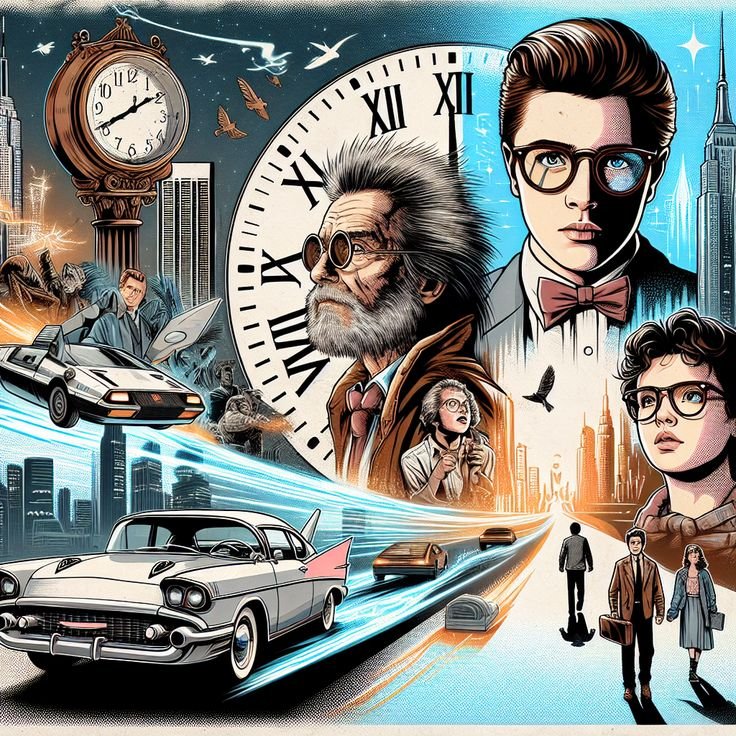
The Allure of Time Travel in Pop Culture: A Journey Through Movies, TV Shows, and Literature
Time travel has captured science fiction and fantasy for so long, and gave people the imaginative journey to get away from their reality. From ancient myths to the most modern cinema, time travel has been an apparatus used to explore everything from paradoxes and alternate histories to thoughts about fate and the nature of existence. The adventure of time travel has enticed crowds with its complexity and its endless narrative possibilities, thus becoming one of the most captivating and entertaining themes in pop culture.
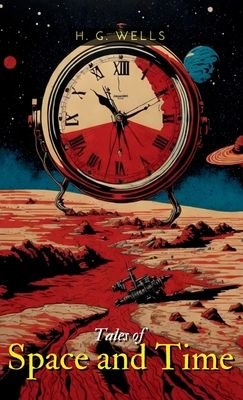
The Origins of Time Travel
Indeed, the invention of time travel dates back to the late 19th century when the concept was actually inaugurated through the publication of H.G. Wells’ The Time Machine of 1895. In this famous novella, Wells brings to the world an invention: a machine traveling through time that would become one of the more prominent themes in later time travel fiction. He is not named but is simply known throughout the novel as the Time Traveller. With his machine, he travels through time to far-off futures, where he observes how the race changes. In fact, time manipulation was never first conceived by Wells. Ancient myths were replete with gods and mortals traveling between different periods of time. However, for speculative fiction, Wells encapsulated the concept of time travel in his work.
The idea was further expanded by science fiction authors as the 20th century unfolded. Sometimes, the concepts they came up with were more sophisticated and paradoxical in explaining how time travel was possible. Allowing for visiting both the past and the future, it could lead to virtually unlimited creative possibility, but this raised complex questions: What if you change something in the past? Can you create alternate timelines? Is there a fixed destiny, or can we alter history?
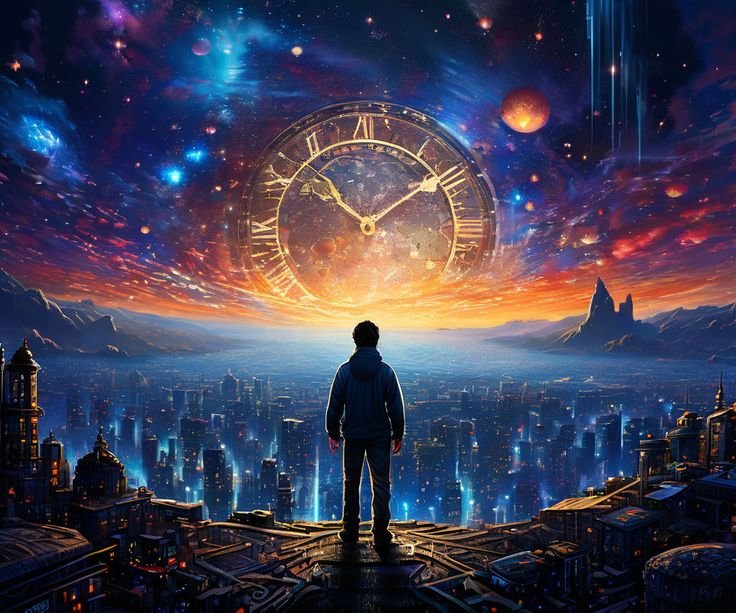
Time Travel in the Movies: From Back to the Future to Avengers: Endgame
Films have been one of the largest mediums for understanding time travel, and most historical blockbusters are centered around this concept. If such a favorite time travel story ever existed, it was Back to the Future (1985), directed by Robert Zemeckis and featuring Michael J. Fox as Marty McFly. The plot of the movie is on a teenager in a DeLorean-powered time machine invented by an eccentric scientist, Doc Brown, played by Christopher Lloyd. He travels back to 1955. The process inadvertently causes Marty to alter key events of his parents’ past, jeopardizing his own existence. Full of hilarious moments, high-stakes tension, and a sense of wonder about the possibilities of manipulating time, these time-traveling escapades are all about it. It would define a genre that spawns two sequels and inspire countless stories about time travel to come.
But Back to the Future also influenced an entire genre, which popularized the idea of time travel as an adventure, yet prompted some important questions about cause and effect. The concept of the butterfly effect-small changes to the past resulting in massive consequences-became a regular theme in time travel stories. In this movie, Terminator 2: Judgment Day (1991), the theme of the protagonist John Connor and his robot guardian have to predict when a killer AI will be invented, which is the apocalyptic “Judgment Day.” It explores the nitty-gritty of time travel, destiny, and whether mankind can alter their course of life.
More recently, time travel became a significant plot device in the Marvel Cinematic Universe (MCU), specifically in Avengers: Endgame (2019). After Thanos, the bad guy, eradicates half of all life in the universe, the Avengers have devised a plan to go back in time and collect the Infinity Stones to reverse the damage. In this interesting approach to time travel, the heroes try to fetch the stones without disturbing the course of history. Of course, things do not go as planned. Endgame gave the audiences a satisfying end to the saga while acknowledging the fact that time travel is dangerous and unpredictable and can create complicated situations and realities.

Time Travel on Television: Doctor Who and the Complications of Temporal Paradoxes
This has not been immune to the temptation of traveling through time, and few programs embody the very spirit of time travel better than Doctor Who. The British science fiction series was first aired in 1963, and it follows the adventures of the Doctor, an alien Time Lord who travels through time and space in the TARDIS, a machine that looks like a 1960s British police box on the outside but is much larger on the inside. This means that the Doctor has been having a lot of enemies, moving from one time period to another, and passing through numerous odd and surreal experiences throughout the years. However, it is this capability of manipulating time that serves as the essence of the show’s narrative.
The philosophy behind the Doctor distinguishes this series from all the other time travel stories. While most time-traveling heroes just go back in time to correct the past, the Doctor often travels with the intent of helping people, correcting injustices, and protecting the course of nature. Exploring these paradoxes, including meeting past or future versions of oneself or causing events that create alternate timelines, has made this show one of the most loved and longest-running sci-fi series in television history.
The flexibility of storytelling in the show is also key to its durability. The possibility of regeneration gives the Doctor new actors and faces while the exploration of morality, justice, and the unpredictable nature of time becomes timeless (pun intended) as it remains very relevant to every age group of viewers.
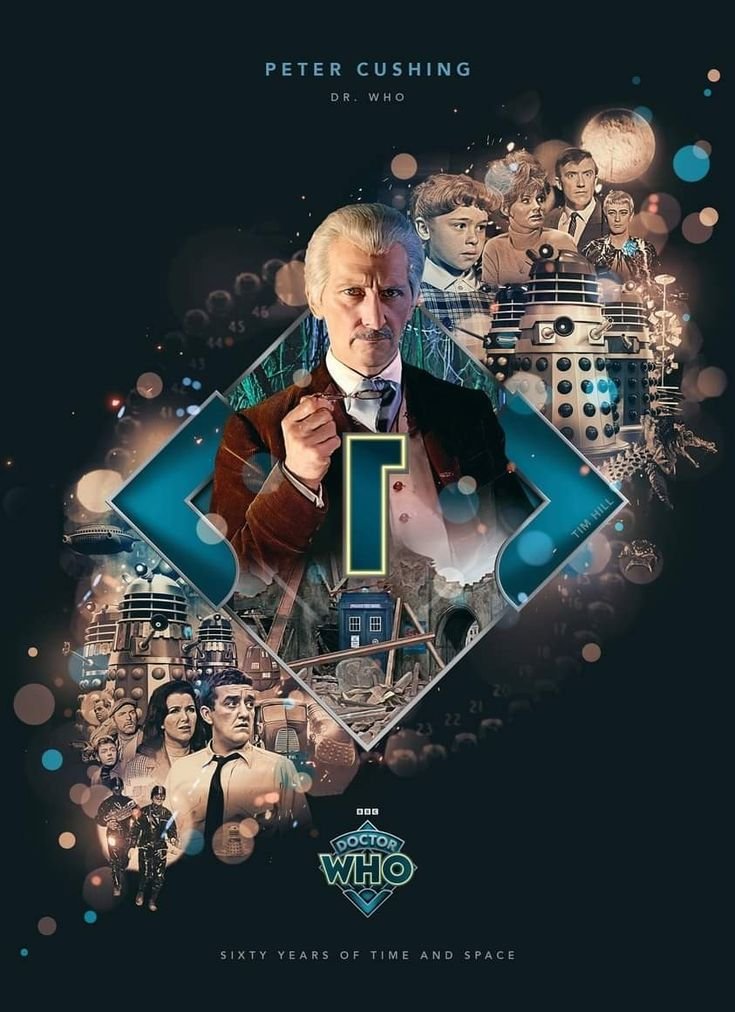
Time Travel in Literature: Exploring Alternate Realities
Beyond this, time travel in literature will not only have this plot-advancing sense but also raise deep philosophical or emotional themes, thus opening several questions regarding fate, free will, and, most importantly, the passage of time itself as in Slaughterhouse-Five, 1969, by Kurt Vonnegut, and more recently, The Time Traveler’s Wife, 2003, by Audrey Niffenegger.
In Slaughterhouse-Five, Billy Pilgrim becomes “unstuck in time” where he jumps sometimes into the crucial events of his life, both ordinary and traumatic, which he cannot command. The linearity of this novel is a metaphor of war disorientation and death inevitability, where travel in time literally and metaphorically portrays the struggle of the protagonist, Billy, in trying to make meaning out of his own experience. Through repeated refrains “so it goes,” Vonnegut illustrates the resigned acceptance of life’s tragedies and the transience of man’s existence.
The Time Traveler’s Wife: time travel, in this book, is science fiction; instead, it becomes a vehicle through which love could be explored instead of loss. He and his wife, Clare, embark on the journey through the ages since Henry involuntarily passes through numerous eras, testing the union within the unstable nature of such transit. Through this book, Stephen King poignantly explores the confluence of fate and free will as characters are guided through the inevitability of loss and the beauty of living in the moment.
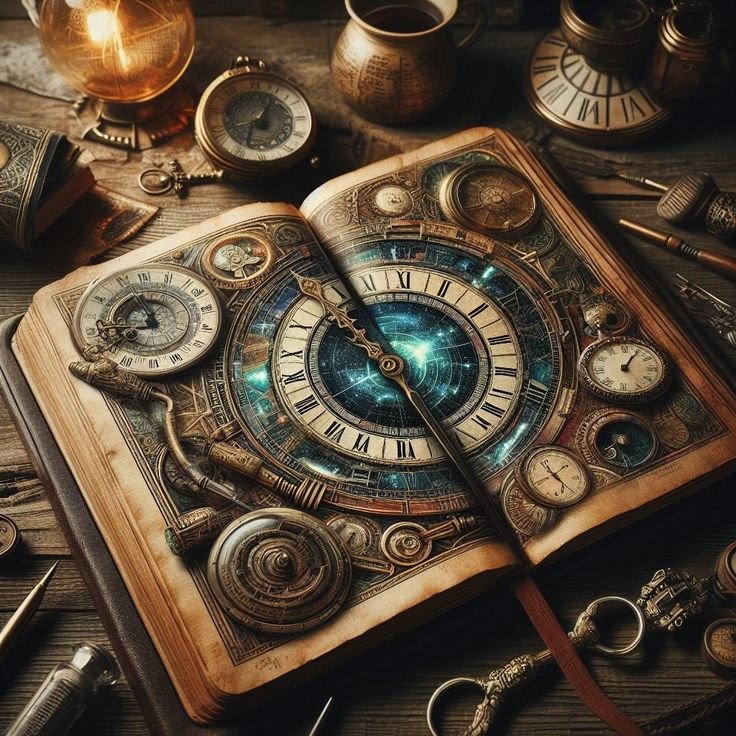
Time Travel’s Allure: Why We Return Again and Again
Time travel stories are so endearing because they give a very unique way to interact with the past, the future, and the present. They give one the opportunity to reflect on choices made, paths taken, and the consequences of their actions. The appeal of time travel is not only in its fantastical elements but also in its ability to explore universal human questions: What if we could fix our mistakes? What if we could see the future? What if we could go back and relive the past?
In the end, time travel is just a metaphor for human life: always controlling what cannot be controlled and understanding mysteries that lie beyond human understanding. Whether it’s in the episodes of Marty McFly, or the philosophical tourism of the Doctor, or through the adventures of Billy Pilgrim or Henry DeTamble, audiences everywhere keep tuning into this genre.
It’s a concept whose ways of depicting time travel change with the changes in technology and our understanding of the universe, but for now, the thought of jumping through time is exciting and endlessly entertaining, letting us dream, question, and explore the very fabric of reality itself.



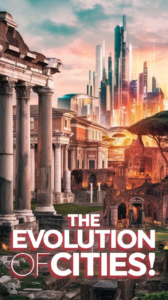


















+ There are no comments
Add yours